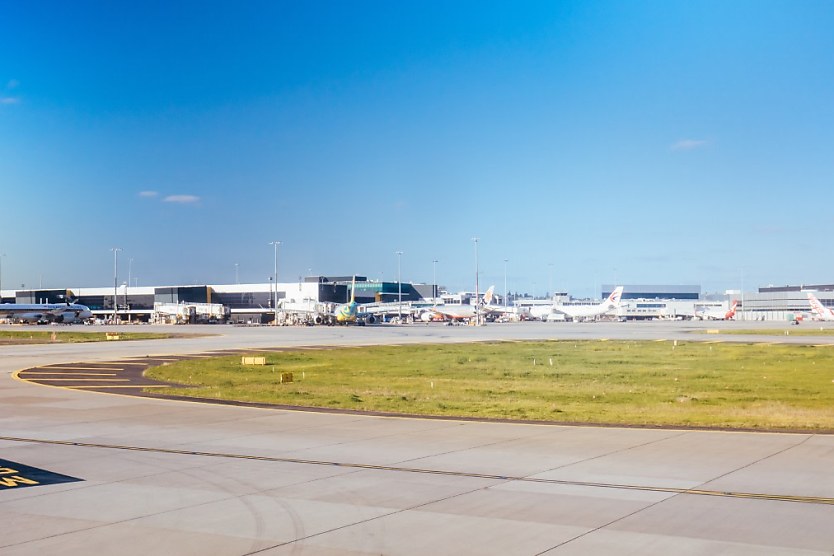Employee ordered to repay $124k over compensation fraud
SHARE THIS ARTICLE

A compensation fraud matter involving an airline service operator offers a valuable lesson on what happens when employees try to manipulate the tax system.
Andy Tiet, an airline service operator in Tullamarine, has been convicted and ordered to pay back $124,322 after he was caught working as a storeman while receiving workers’ compensation payments.
In August 2018, the 49-year-old injured his back at work after slipping on stairs. His compensation claim was accepted by his self-insured employer, Qantas, and he began receiving weekly payments.
In June 2021, Qantas arranged surveillance of Tiet, which showed him attending a supermarket warehouse in Laverton for extended periods, according to a statement from WorkSafe Victoria.
“The matter was referred to WorkSafe, and an investigation revealed that from August 2018 to July 2021, Tiet had obtained $119,457 in compensation payments and $4,865 in superannuation from Qantas while secretly working as a storeman and earning a gross income of almost $200,000,” it read.
“Tiet never reported any injuries or physical restrictions to his warehouse employer, yet continued to sign certificates of capacity declaring he was not working.”
Tiet pleaded guilty in the Sunshine Magistrates’ Court last week to one rolled-up charge of obtaining financial advantage by deception and two rolled-up charges of fraudulently obtaining payments.
He was sentenced to a community corrections order for two years, requiring him to perform 220 hours of unpaid community work.
WorkSafe executive director of insurance Roger Arnold said all compensation fraud, including against self-insurers, was a criminal act under the Workplace Injury Rehabilitation and Compensation Act.
“It’s one of the most callous things someone can do: manipulate a system designed to help vulnerable, injured workers and their families,” Mr Arnold said.
“WorkSafe can and will take action against anyone who makes fraudulent claims, be it against WorkCover or a self-insurer.”
This comes after recent coverage by HR Leader, which found workers’ compensation claims are proving to be increasingly more expensive, with NSW and Victoria most at risk of being hit with rising premiums.
“In a normal year, the increases that iCare announced in NSW would be causing significant concern for employers, but they have been totally overshadowed by the phenomenal and unprecedented rate increases in Victoria,” said Lockton’s premium strategy and analytics national manager, Craig Simpson.
“Continuing the theme of increasing premiums, the remaining two managed fund jurisdictions (Qld and SA) have not improved the financial outlook for employers either. Both jurisdictions have announced increases in their average industry rates. With premium increases across the country, there is no welcome news for employers in any of the managed fund jurisdictions.”
RELATED TERMS
Compensation is a term used to describe a monetary payment made to a person in return for their services. Employees get pay in their places of employment. It includes income or earnings, commision, as well as any bonuses or benefits that are connected to the particular employee's employment.
An employee is a person who has signed a contract with a company to provide services in exchange for pay or benefits. Employees vary from other employees like contractors in that their employer has the legal authority to set their working conditions, hours, and working practises.
